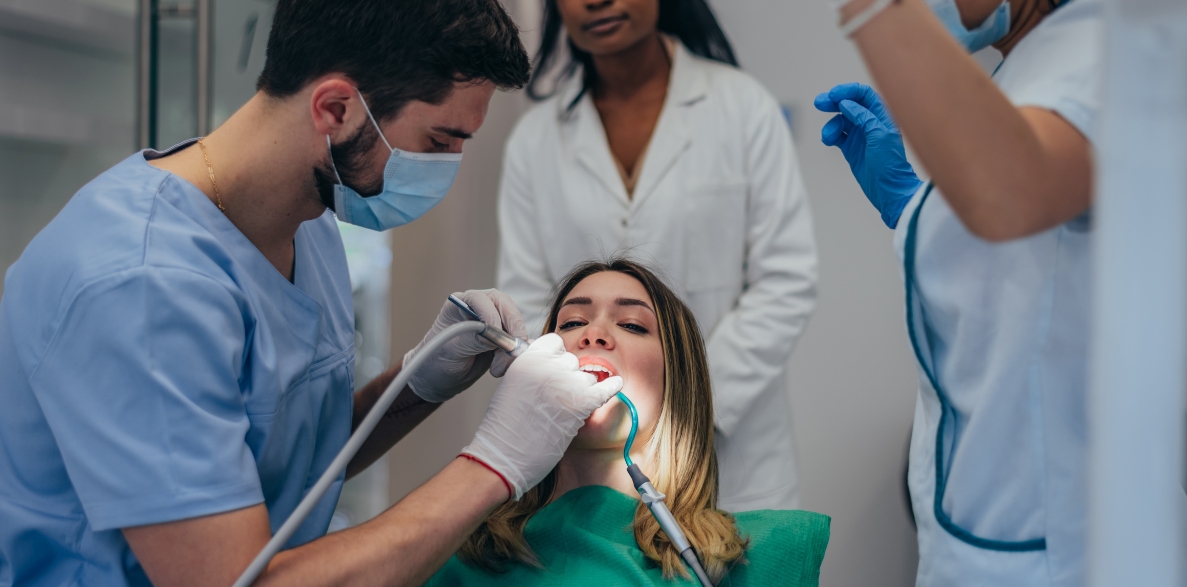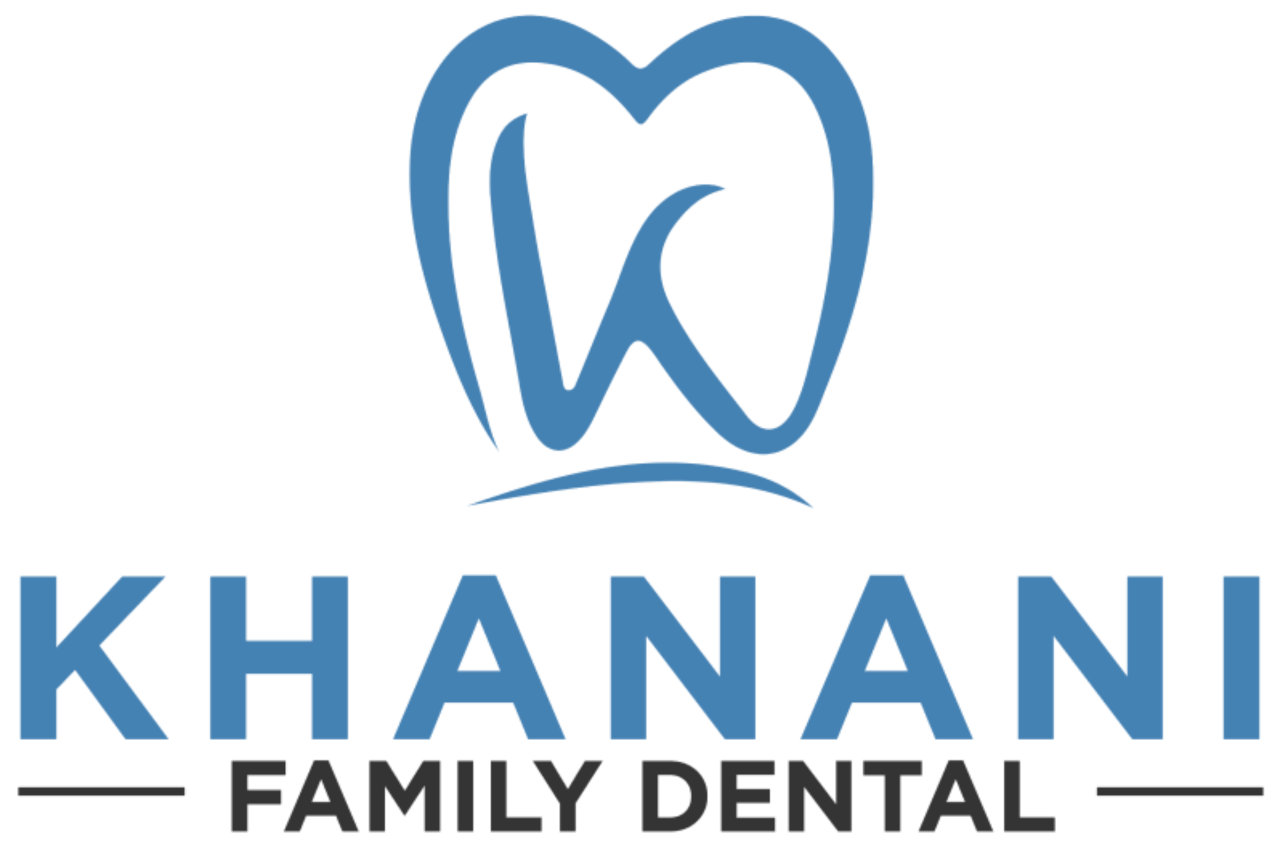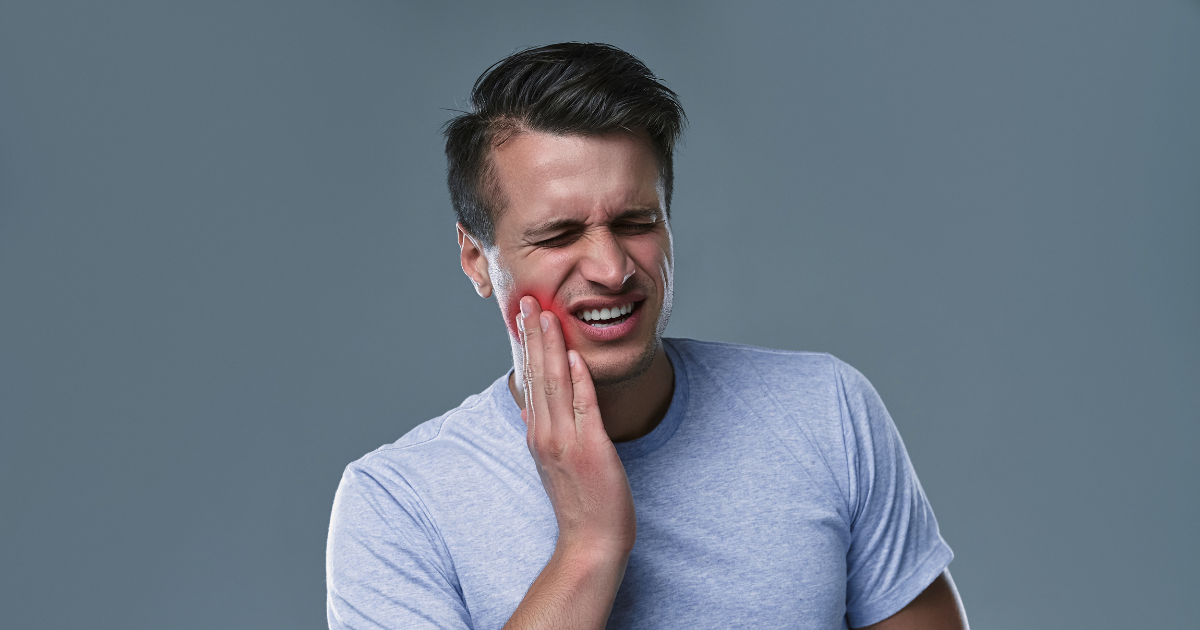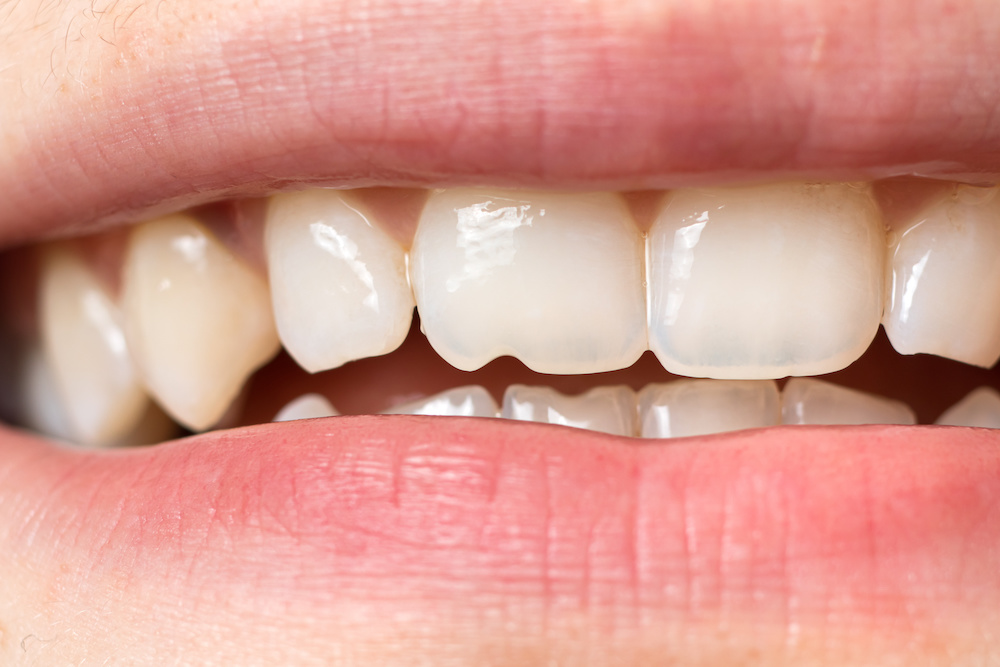We are Not A MassHealth Provider
Top Causes of Dental Emergencies in Holden and How to Avoid Them

Dental emergencies can strike when least expected. Whether it’s a sudden toothache or a broken tooth, they can cause significant pain and distress. Awareness of the common causes of dental emergencies and how to avoid them can help prevent these painful situations. This blog dives into the leading causes of dental emergencies and offers simple, practical tips to avoid them.
Trauma to the Mouth or Teeth
Accidents can happen, especially when playing sports, during a fall, or while eating. A direct blow to the face or biting down on hard objects can crack or knock out teeth.
Prevention Tips:
- Wear a mouthguard while playing sports.
- Be cautious when eating hard foods, like ice or popcorn kernels.
- Use appropriate safety gear if working in environments that pose a risk to your mouth.
Tooth Decay and Cavities
Tooth decay is a gradual process that can lead to severe pain if untreated. When a cavity reaches the tooth’s nerve, it can result in an infection, causing an emergency.
Prevention Tips:
- Maintain good oral hygiene by brushing and flossing daily.
- Visit your dentist regularly for checkups to catch cavities early.
- Avoid sugary snacks and drinks that promote decay.
Gum Disease (Periodontitis)
Gum disease is another common cause of dental emergencies. When gums become infected, they can bleed, swell, or recede, causing pain and discomfort. In severe cases, tooth loss may occur.
Prevention Tips:
- Brush gently but thoroughly along the gumline.
- Floss daily to remove plaque buildup between your teeth.
- Use an antibacterial mouthwash to reduce plaque and bacteria.
Dental Infections and Abscesses
A dental infection or abscess occurs when bacteria invade the tooth or gums, often due to untreated cavities, gum disease, or tooth trauma. An abscess can cause extreme pain and swelling and requires immediate care.
Prevention Tips:
- Get regular dental cleanings to reduce the risk of infections.
- Treat cavities early to prevent bacteria from reaching the tooth’s nerve.
- Seek prompt treatment for any dental issues to prevent them from worsening.
Broken or Chipped Teeth
Accidents or biting into hard foods can break or chip a tooth. Though not always an emergency, a broken tooth can expose sensitive nerves and increase the risk of infection.
Prevention Tips:
- Avoid biting on hard objects like ice, pencils, or hard candy.
- Don’t use your teeth as tools to open bottles or packages.
Lost or Broken Dental Restorations
If you have crowns, bridges, or fillings, they can come loose or break due to wear and tear or accidental impact. A broken or lost restoration can lead to pain and discomfort.
Prevention Tips:
- Maintain your dental restorations with regular checkups.
- Avoid sticky or hard foods that can dislodge or damage restorations.
- If you feel something is loose, see your dentist promptly to avoid further damage.
Teeth Grinding (Bruxism)
Grinding your teeth, often during sleep, can cause severe tooth damage, jaw pain, and headaches. Over time, this constant pressure can lead to cracked or broken teeth, necessitating emergency dental care.
Prevention Tips:
- Reduce stress and anxiety to minimize grinding triggers.
- Seek professional help if you suspect bruxism, as it can lead to long-term damage.
Dental emergencies can be avoided with suitable preventive measures. From protecting your teeth during sports to practicing good oral hygiene, small steps can significantly prevent pain and costly treatments. If you ever face a dental emergency, seeking immediate help from an emergency dentistry professional is crucial. Protect your smile in Holden by staying proactive about your oral health and contacting a dentist at the first sign of trouble.
If you need assistance, don’t hesitate to contact a dentist in Holden today!
FAQs
The best prevention methods include practicing good oral hygiene, wearing protective gear for sports, avoiding hard foods, and scheduling regular dental visits to catch problems early.
If you knock out a tooth, gently rinse it and try to place it back in the socket. If that’s impossible, store it in milk or saliva and visit an emergency dentist immediately.
Not all tooth pain constitutes an emergency, but if it is sudden, severe, or associated with swelling, it’s best to see a dentist promptly to rule out an infection or other serious condition.
Yes, routine dental checkups and cleanings help prevent most dental emergencies by identifying issues like cavities, gum disease, or worn-down teeth before they become painful or require urgent care.
Signs include persistent tooth pain, swelling around the gums, fever, and a bad taste or odor in the mouth. If you experience any of these, seek dental care immediately.



